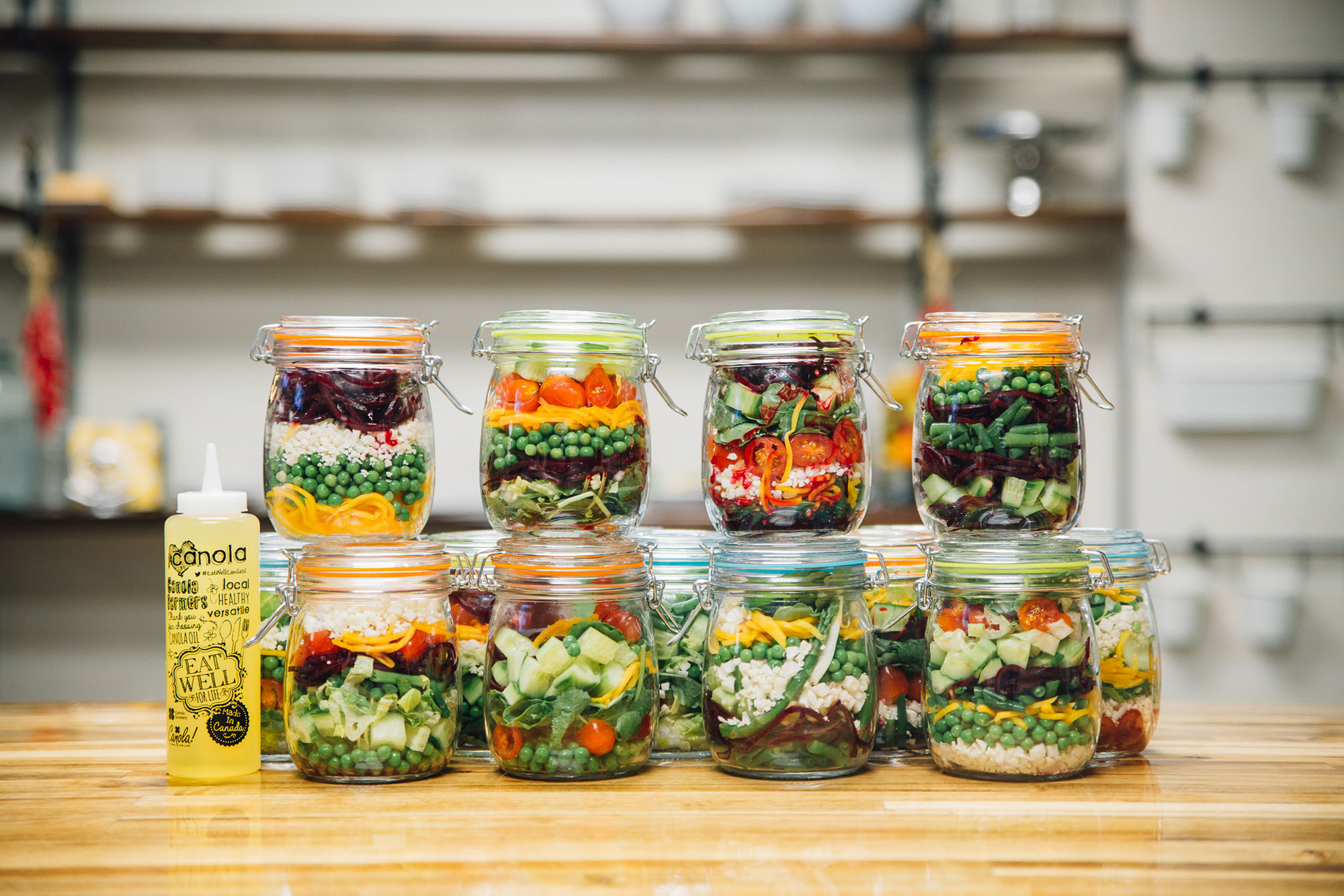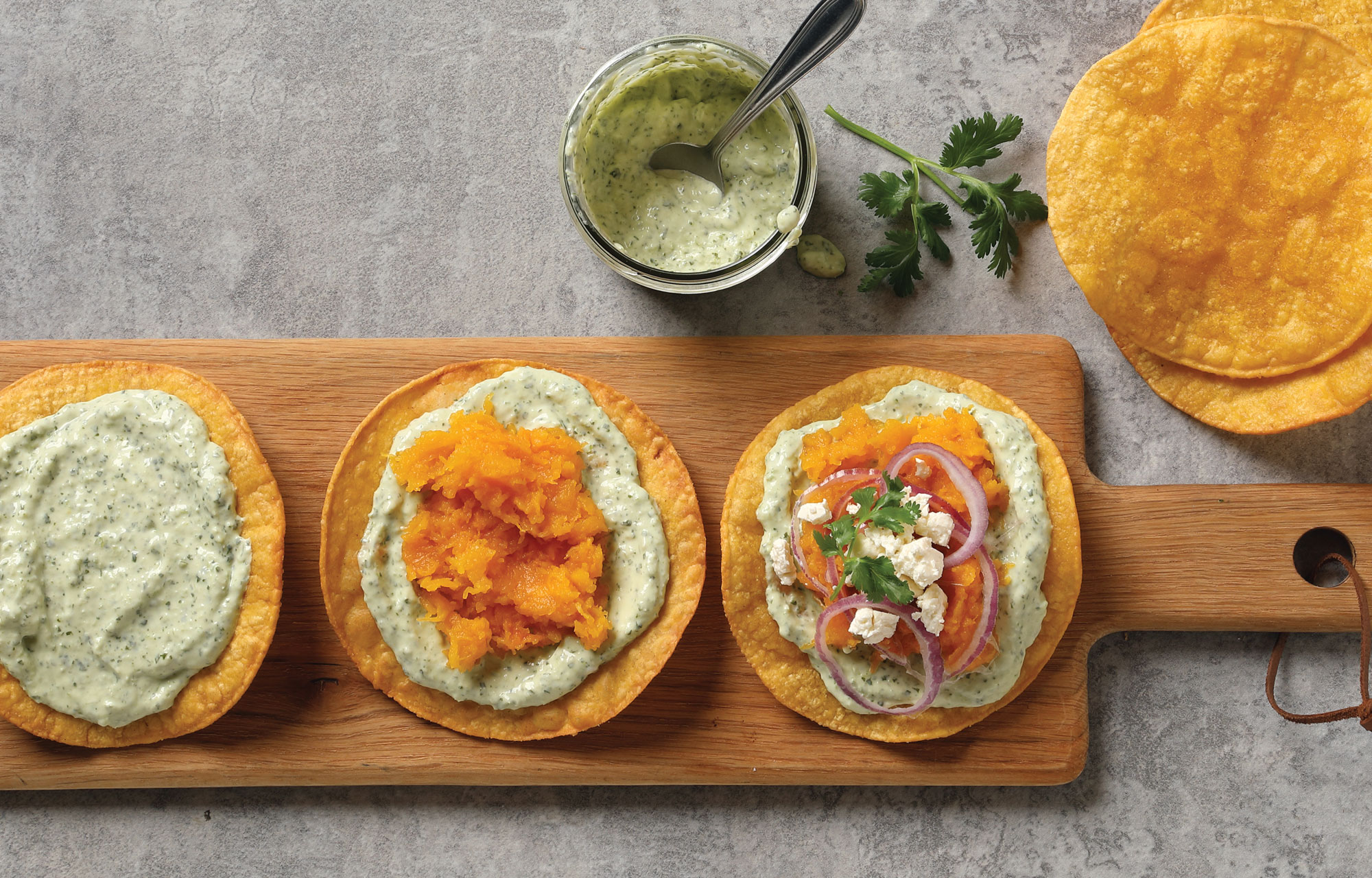
Plant-forward eating means plants are the star of the show.
Whether you include some animal products or none at all, a dietary pattern that emphasizes eating lots of plants, is a healthful choice.
In fact, the most well-studied healthy dietary patterns in the world include mostly plant foods!
Eating plant foods regularly can mean eating more fibre and less saturated fat (found most often in animal foods). This can have a positive effect on your health, by lowering the risk of:
- Heart disease
- Type 2 diabetes
- Some cancers
How Do I Eat Plant-Based?
Plant-forward eating means enjoying:
- Plenty of vegetables and fruits: Choose a variety, and include them at every meal. Fresh, frozen or canned all count.
- Grains and cereals: Choose whole grains most often. Look for whole grain cereals, breads, snacks, and side dishes.
- Plant-based protein foods more often: Build meals around beans, legumes, nuts, and seeds. This may include some minimally processed foods like canned chickpeas or lentils, tofu, nut and seed butters, or fortified plant-based beverages.
- Plant-based fats: Try replacing animal-based fats like butter or lard, with plant-based fat, like canola oil.
- Fewer ultra-processed foods: Like many healthy dietary patterns, the quality of the plants count. Choose fewer packaged snack foods, like chips or candy, and limit sugar sweetened beverages.
Budget Bonus
Plant-based proteins like beans or tofu are often less expensive than animal-based proteins, and can help save on groceries. The same is true for fat. Try replacing animal-based fats like butter or lard, with plant-based fat, like canola oil for a budget-friendly alternative.
Changing any dietary pattern you’re used to can be a challenge. If you’re looking to adapt a more plant-forward way of eating, start small with these tips:
- Try including more plant-based proteins into your diet. Add nuts or seeds to hot or cold cereal, salads or side dishes
- Dress up your morning toast with nut or seed butters.
- Swap a portion of your meat-proteins with beans or legumes in soup, stew, casserole or sauce recipes.
- Try using plant-based beverages and plant-based fats, like canola oil, in baking.
Canola+
Not only is canola oil a great source of energy, pairing this plant-based fat with other foods, like vegetables, helps in the absorption of fat-soluble vitamins, including Vitamins D, E, and A. Plus, it helps them taste great!
Bottom line: Enjoying a variety of foods with an emphasis on plant-based options, can lead to improved health, a more budget-conscious grocery list, and a more delicious and diverse eating pattern.




